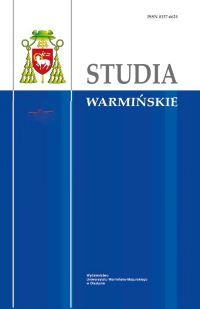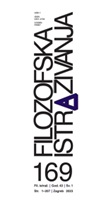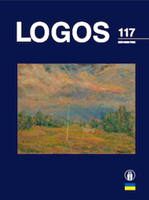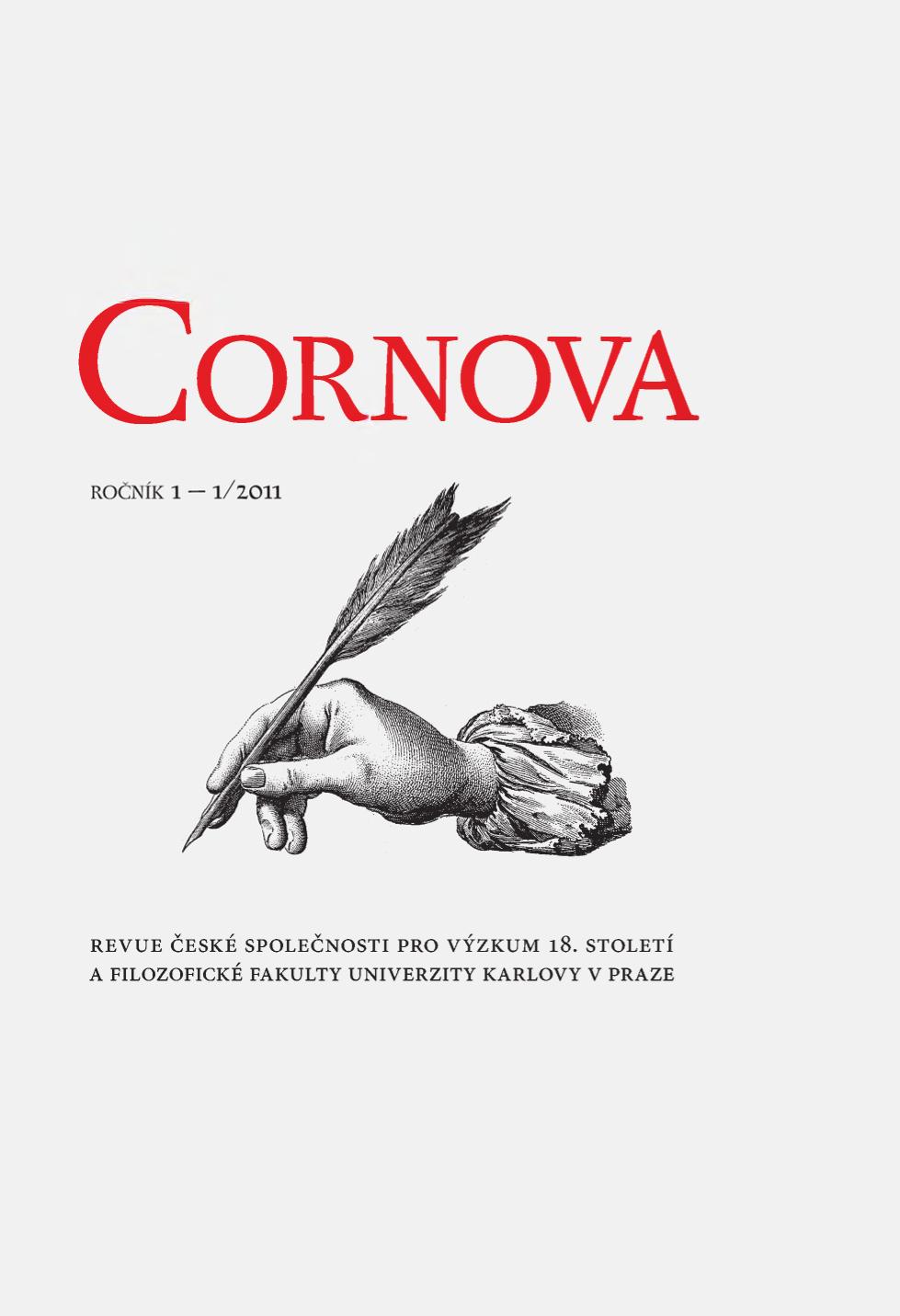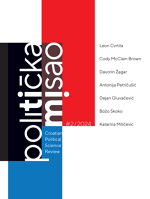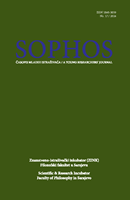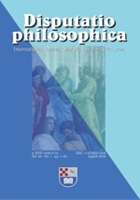Author(s): Vygandas Aleksandravičius / Language(s): Lithuanian
Issue: 117/2023
When we look at the state of chemistry in France and Lithuania in the mid-18th century, we see a dual phenomenon: on the one hand, it was dominated by the approach of the German chemist Ernst Georg Stahl, who, according to George Cuvier, was able to satisfactorily explain most of the facts of chemistry at the time, and, on the other hand, it was greatly influenced by the understanding of nature of the English physicist Isaac Newton, and especially by his experimental methodology, which was gradually, but surely, displacing the Cartesian rationalist mechanistic approach and the speculative character of the latter's natural philosophy. Both French and Lithuanian authors did not differ much in their philosophical understanding of the foundations and principles of chemistry. The issues addressed were similar, as were the solutions proposed. The main difference was that in France, the experiments - the most important tool of natural science research, according to Newton - were carried out by the researchers themselves, whereas in Lithuania, for example, Stanislovas Šadurskis, at best watched from the outside and only reported on their experiences. The peculiarities of the experimental logic of chemistry and physics and the relationship between them were at the centre of the debate. They were the key to determining the place of these disciplines in the knowledge of nature and the understanding of the world. The article examines the situation of chemistry in the light of Jean-Jacques Rousseau's work "The Foundations of Chemistry"(Institutions chimiques). Written in the mid-18th century, it gives a good picture of the state of chemistry at the time and of the debates surrounding it. It also opens up a new, little-studied profile of Rousseau's scientific work and his experience as a representative of experimental philosophy. Here we see that, after an intensive independent acquaintance with the theoretical and mathematical foundations of natural science, Rousseau begins his philosophical career with experimental natural science, which he encounters when attending the lectures of the most famous French chemist of the time, Guillaume-François Rouelle. The specific epistemology of experimental research, and the direct experience of it, provide Rousseau with important cognitive skills that are manifested in the subsequent development of his philosophical concepts. After becoming acquainted with scientific cuisine, Rousseau becomes disillusioned with much of it, rejects it rather harshly, and continues his search for truth in his reflections on political philosophy. The skills he acquired in scientific practice do not fail, but become the constitutive foundations of his further thinking.
More...


